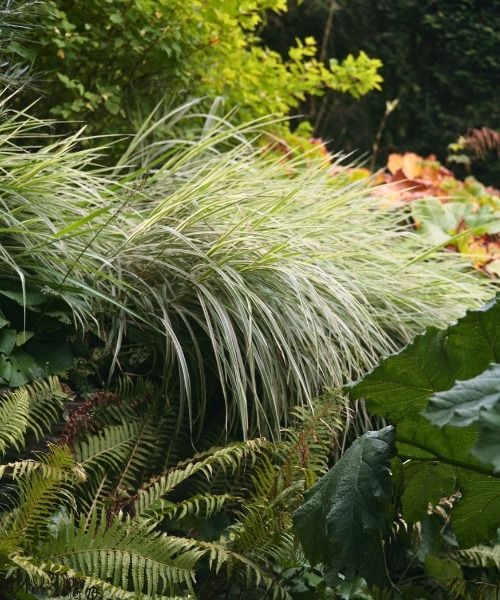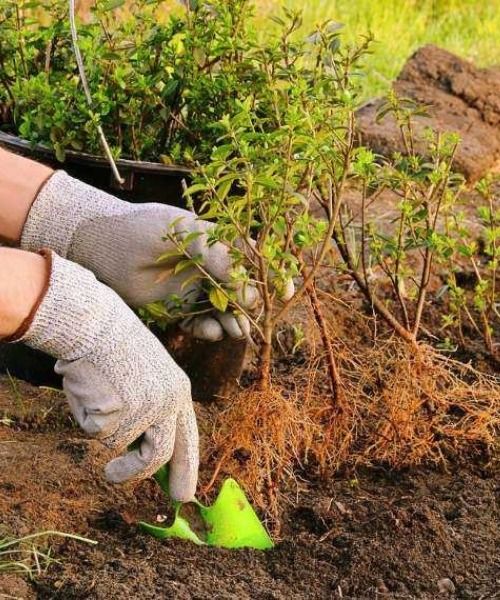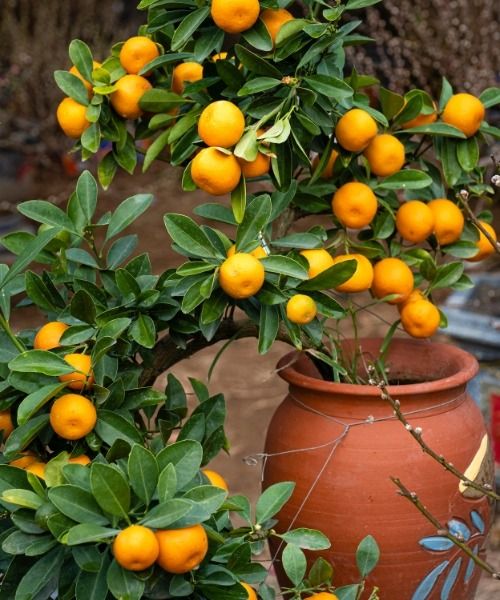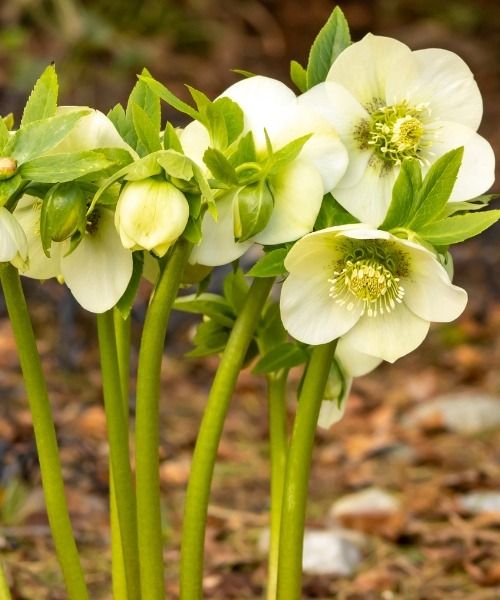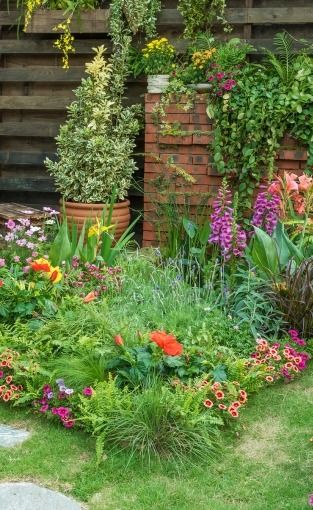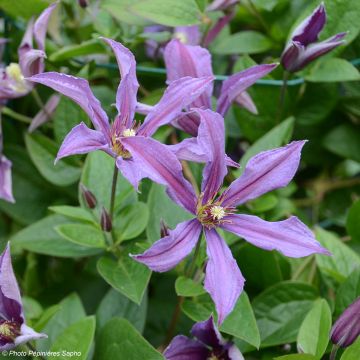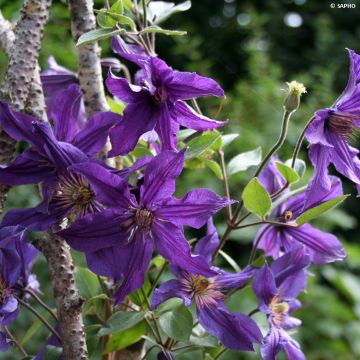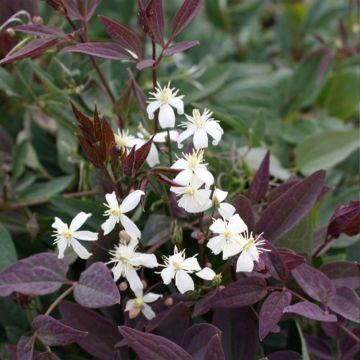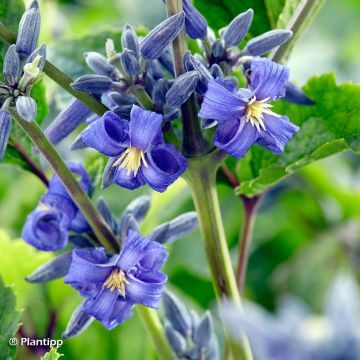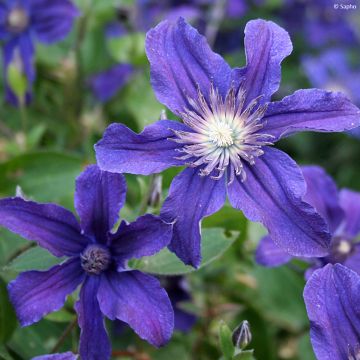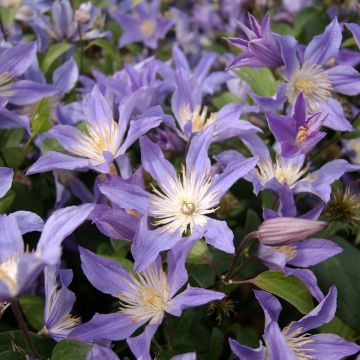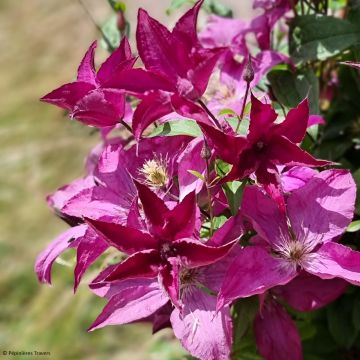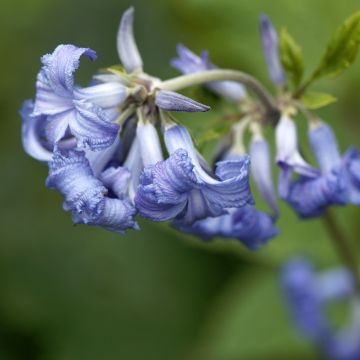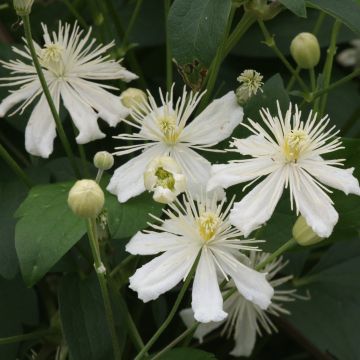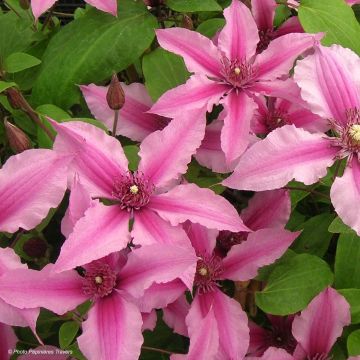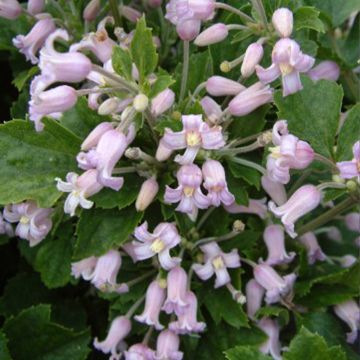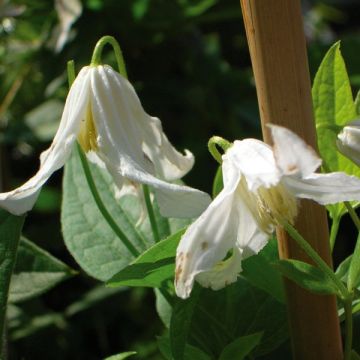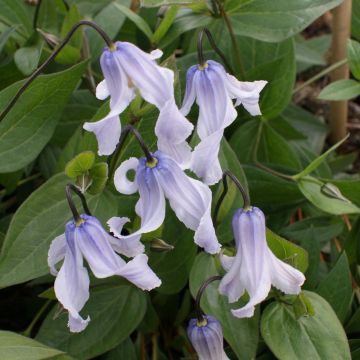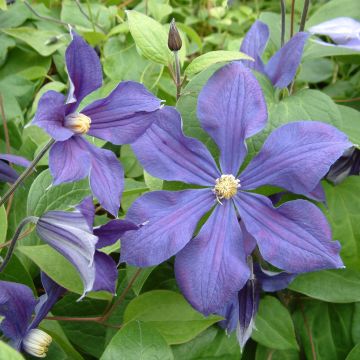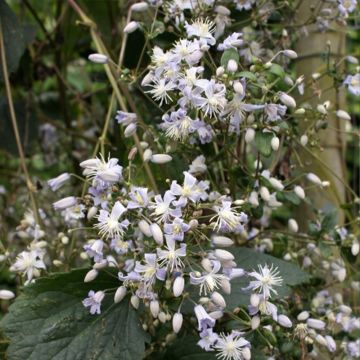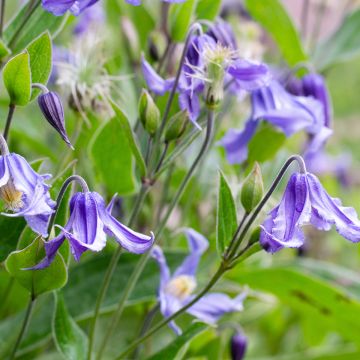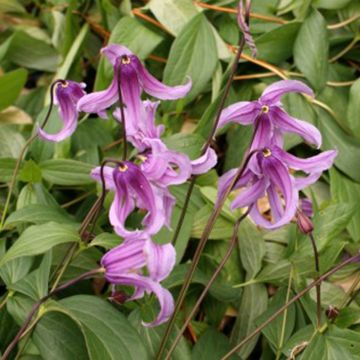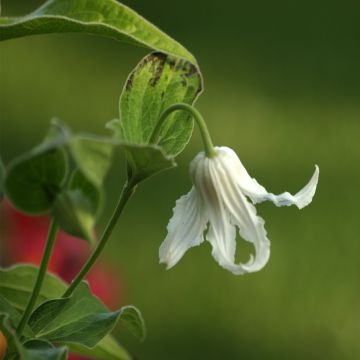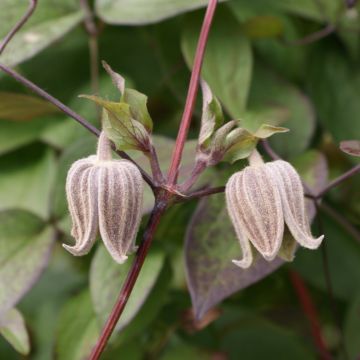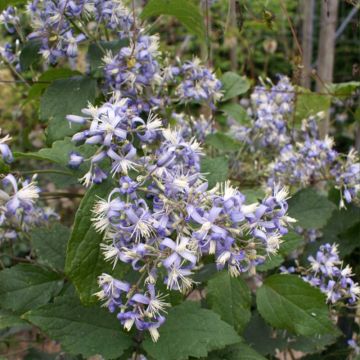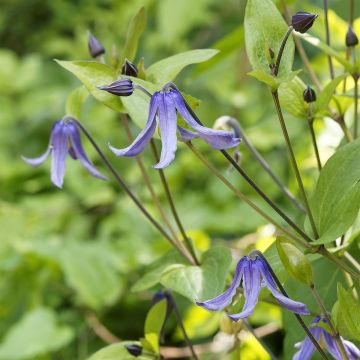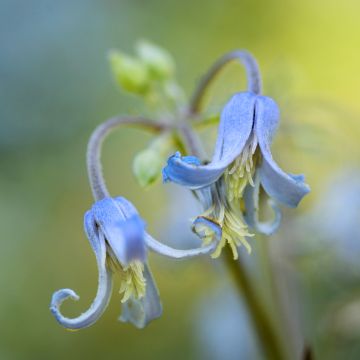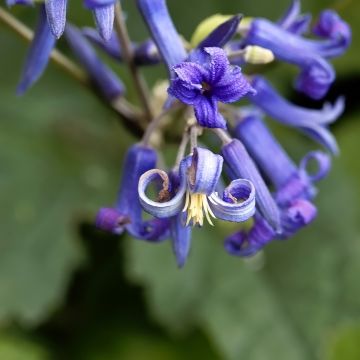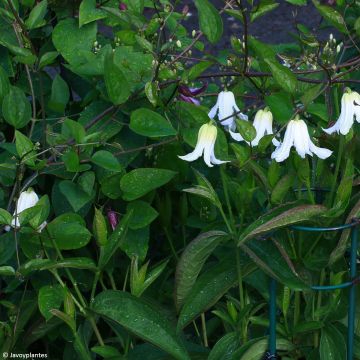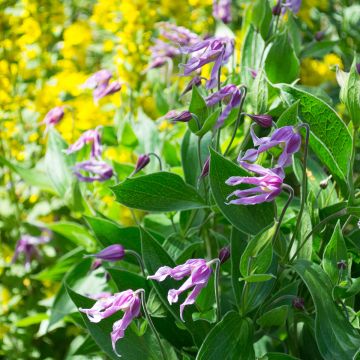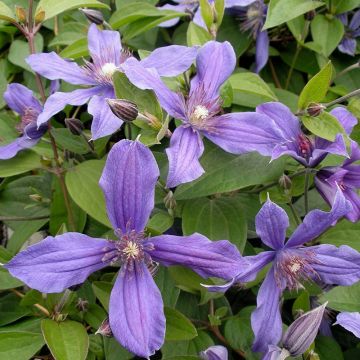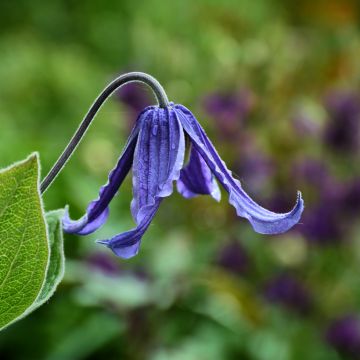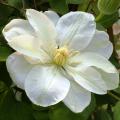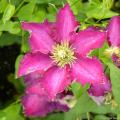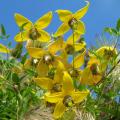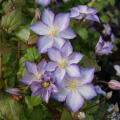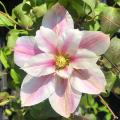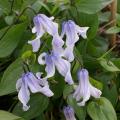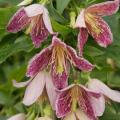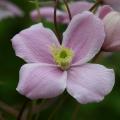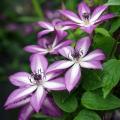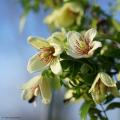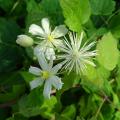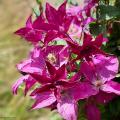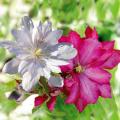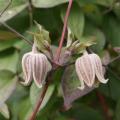Herbaceous Clematis
Would this plant suit my garden? Set up your Plantfit profile →
Available in 2 sizes
Available in 2 sizes
Available in 2 sizes
Available in 1 sizes
Available in 1 sizes
Available in 1 sizes
Available in 1 sizes
Available in 1 sizes
Available in 1 sizes
Available in 1 sizes
Available in 1 sizes
Available in 1 sizes
Available in 1 sizes
Available in 1 sizes
Available in 1 sizes
Available in 1 sizes
Available in 2 sizes
Available in 1 sizes
Available in 1 sizes
Available in 1 sizes
Available in 1 sizes
Available in 1 sizes
Available in 1 sizes
Available in 2 sizes
Available in 1 sizes
Available in 1 sizes
Available in 1 sizes
Available in 1 sizes
Herbaceous clematis, unlike woody clematis, are non-climbing or low-climbing perennial plants with a compact annual growth habit, rarely exceeding 1.20m (4ft) in height. Often very floriferous, they find their place in borders, rockeries, or as ground cover, becoming deciduous in winter. Their small single flowers have a bell or star shape, they are often fragrant and give way to decorative silver and silky feathery fruits. By planting several species and varieties such as Clematis recta 'Purpurea', C. integrifolia, or C. heracleifolia, it is possible to stagger the flowering from May to October. Easy to grow and hardy, these clematis, which are not planted enough in our gardens, are ideal plants for beginner gardeners. As they flower on new shoots, they only require a short pruning in late winter to remove dead vegetation. Plant them in autumn or spring, in full sun or partial shade in warm and dry regions. There is no need to plant their base in shade and their head in the sun, they will be satisfied with well-drained soil and regular fertilization, just like any other perennial!
Haven't found what you were looking for?






























